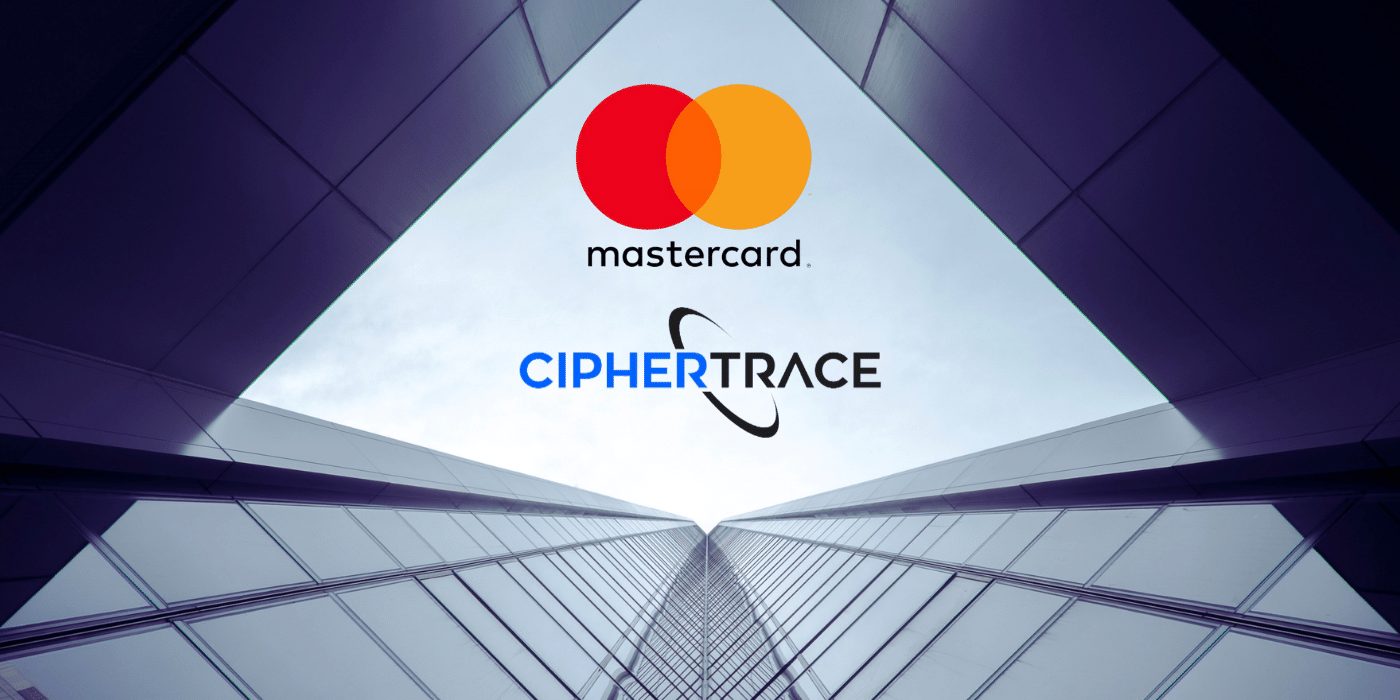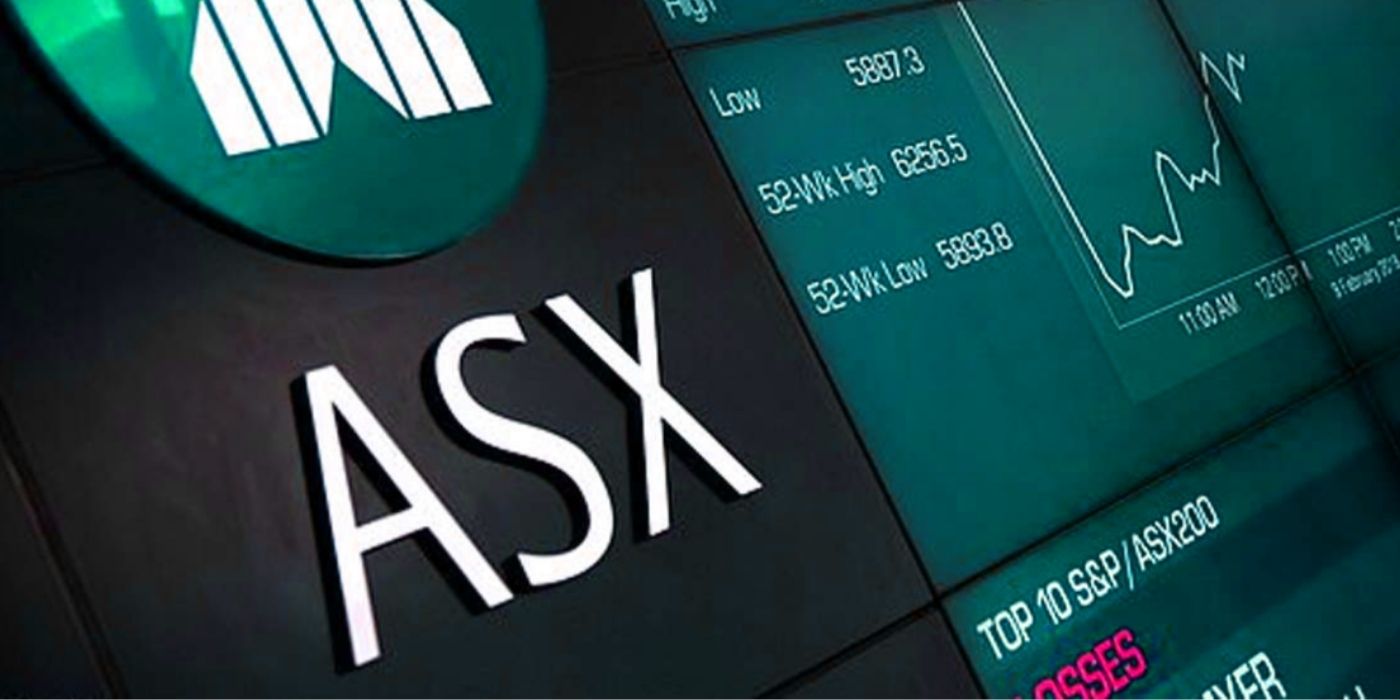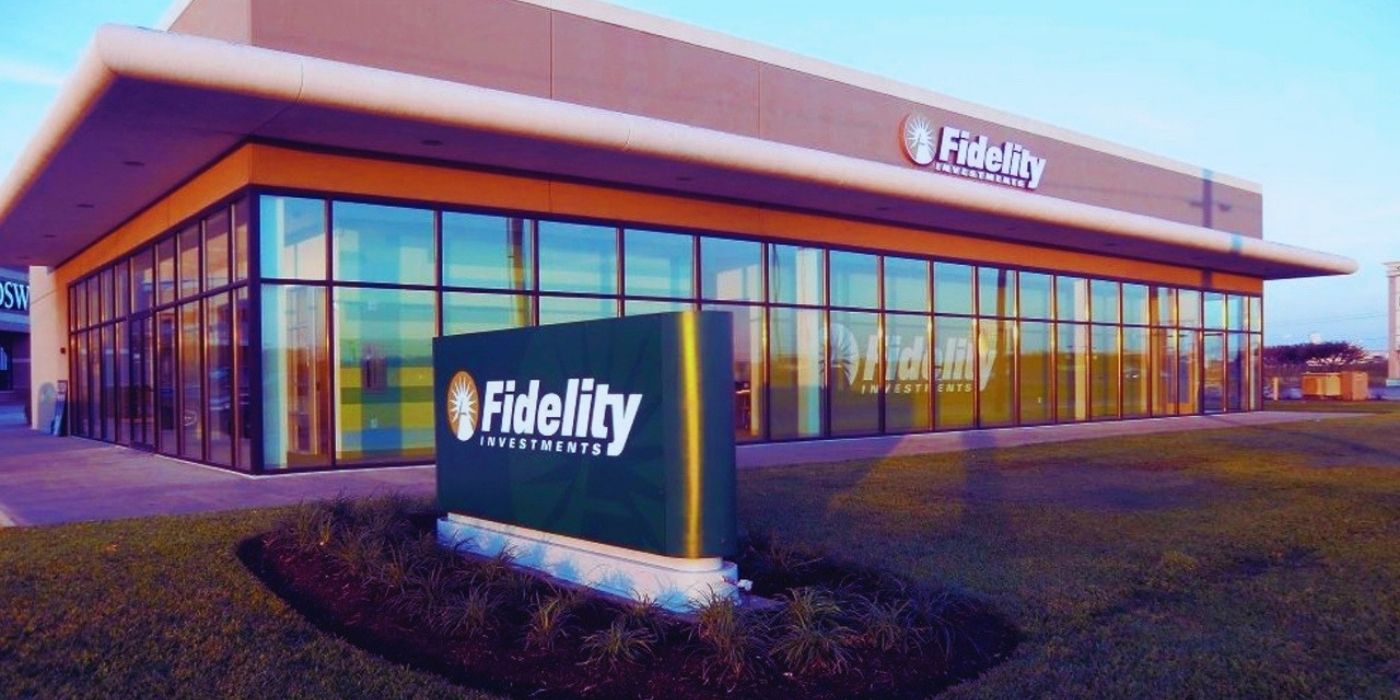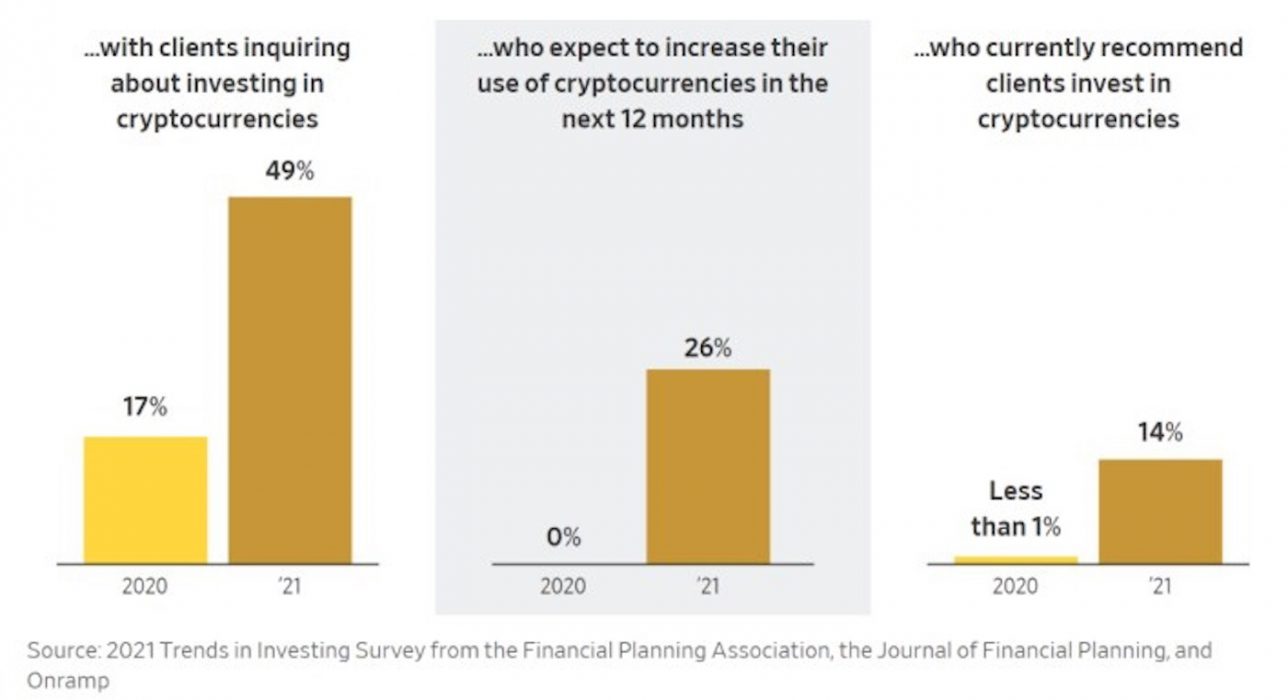Cryptocurrencies may not constitute a significant part of the business demand for Morgan Stanley, a top US investment financial institution, but chairman and CEO James Gorman believes they are not going away.
There are people who still argue in some way that bitcoin and digital currencies are “bubble”, not mindful of the fact that the sector has developed for over 10 years with a current market capitalisation of US$2.5 trillion.
Last week, JPMorgan CEO Jamie Dimon reiterated his view that bitcoin is “worthless” – he has in the past also referred to the asset as “a fraud”, and “fool’s gold”.
Taking a somewhat contrary view, Gorman said this week that cryptocurrencies are not a fad.
I don’t think crypto’s a fad, I don’t think it’s going away […] I don’t know what the value of bitcoin should or shouldn’t be, but these things aren’t going away and the blockchain technology supporting it is obviously very real and powerful.
James Gorman, CEO and chairman, Morgan Stanley
Crypto ‘Will Evolve’ and ‘We’ll Evolve With It’
Morgan Stanley is one of the few major financial institutions to have launched crypto-related investment products, just as global investors are shifting away from gold to emerging crypto assets. In April, the bank filed notice to offer a bitcoin investment product to its wealth management clients.
Although its crypto offering isn’t pivotal to the bank just yet, Gorman said it “may evolve”.
For us, honestly it’s just not a huge part of the business demand for our clients. That may evolve and we’ll evolve with it, but certainly it’s not what’s driving our economics one way or the other.
James Gorman, CEO and chairman, Morgan Stanley
Despite Gorman’s comments, Morgan Stanley – which reported net earnings of US$14.8 billion for the third quarter – has showed particular interest in crypto this year. Its US$150 billion investment unit Counterpoint Global explored bitcoin in February, and the firm purchased more than 28,000 shares in Grayscale’s Bitcoin Trust in June.












